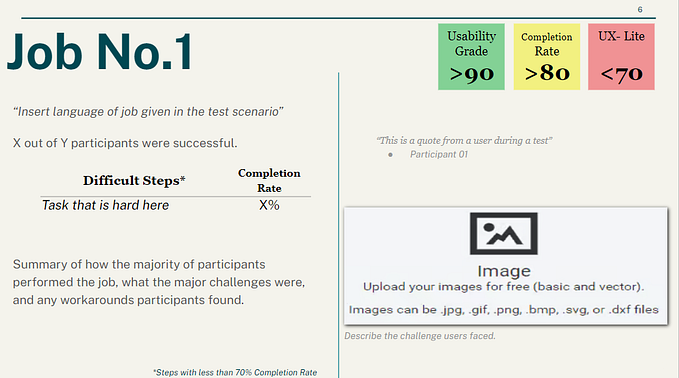Member-only story
A UX writing crash course
I came to UX writing from the world of content marketing and had to learn as I went. This is the learning plan that I wish I had when I started. It would have saved me a lot of trial and error along the way!
UX Fundamentals
Don Norman is the person who invented the concept of user experience. Thus the Design of Everyday Things is a logical place to start for a high-level overview of the entire field.
Nearly every conversation I’ve had with designers revolves around concepts that Norman either invented or popularized: affordances, discoverability, feedback and mapping. Every product needs to have these. The question is whether to use text or other elements of the interface to convey them.
Steve Krug’s Don’t Make Me Think is more practical, but the ideas are the same. This will also give you a crash course on usability testing.
These two books are so foundational that it’s hard to grasp how revolutionary they were when they came out. Now they read like common sense. Putting them into practice gets you 90% of the way there.
Information Architecture
Even small products and websites are packed with information. Getting the right content to the person who needs it at the right time falls on the shoulders of content strategists and UX writers.
Do you use interface text, a tooltip, an error message or a knowledge base article to explain how something works? This is information architecture.
The best introduction is Everyday Information Architecture by Lisa Maria Marquis. Some of the issues that I deal with everyday are covered in the book:
- Too many pathways overwhelms people, too few hides necessary information
- People navigate based on needs, not a static categorization of themselves (I need to… vs. I’m a…)
- The way we categorize the world may differ from the way our users do
Reduce Cognitive Load
We have a tendency to create little Tolkienesque worlds. Writers and designers make up new words and terms that people have to learn in order use our products. This is cognitive load.






